Sybil Attack Detection using Footprint in Urban Vehicular Networks
Problem Definition
Problem Description:
One of the major issues in urban vehicular networks is the threat of Sybil attacks, where attackers can forge multiple fake vehicles to compromise the privacy and security of the network. These attacks can have serious consequences, such as fake traffic congestion reports or unauthorized access to sensitive information. Detecting and preventing Sybil attacks is crucial to maintaining the integrity of the network and ensuring the safety of the vehicles and their passengers.
Existing methods for detecting Sybil attacks in urban vehicular networks are limited and may not provide adequate protection against sophisticated attackers. Therefore, there is a need for a more efficient and reliable mechanism for identifying and mitigating Sybil attacks in urban vehicular networks.
The project titled "Footprint: Detecting Sybil Attacks in Urban Vehicular Networks" offers a novel approach for detecting Sybil attacks by using vehicle trajectories and location-hidden authorized messages generated by road-side units (RSUs). By leveraging the temporal limitations on the likelihood of two authorized messages being signed by the same RSU within a given interval, this method allows for the identification of fake vehicles and enhances the overall security of the network.
In order to ensure the privacy and security of vehicles in urban vehicular networks, it is essential to implement robust methods for detecting and preventing Sybil attacks. By utilizing the Footprint mechanism, network operators can effectively identify and mitigate potential threats posed by malicious actors, ultimately safeguarding the privacy and security of all vehicles within the network.
Proposed Work
The proposed work titled "Footprint: Detecting Sybil Attacks in Urban Vehicular Networks" focuses on the detection of Sybil attacks in urban vehicular networks to address concerns regarding location privacy and verification of vehicles. The novel mechanism, footprint, utilizes vehicle trajectories to identify vehicles and preserve privacy. By requiring an authorized message from road-side units (RSUs) upon vehicle arrival, the system conceals RSU location information and allows for the identification of vehicles based on authorized messages signed by the same RSU within a specific time interval. This method effectively prevents long-term identification using authorized messages and enables location-hidden trajectory generation for privacy-preserved identification. The efficiency of the footprint approach is validated through rigorous security analysis and trace-driven simulations.
This project falls under the category of JAVA Based Projects, specifically within the subcategory of Parallel and Distributed Systems, and makes a significant contribution to the field of urban vehicular network security.
Application Area for Industry
The project "Footprint: Detecting Sybil Attacks in Urban Vehicular Networks" can be widely applied in various industrial sectors, especially those that rely heavily on urban vehicular networks for operations. Industries such as transportation and logistics, emergency services, smart cities, and autonomous vehicles can benefit greatly from the proposed solutions in this project. These sectors often face challenges related to privacy and security in urban vehicular networks, as the threat of Sybil attacks can lead to serious consequences such as fake traffic congestion reports or unauthorized access to sensitive information. By implementing the Footprint mechanism, these industries can effectively detect and prevent Sybil attacks, ensuring the integrity of their networks and the safety of their operations.
The proposed solutions in this project offer multiple benefits to industrial sectors, including enhanced security, improved privacy protection, and reliable identification of vehicles within urban vehicular networks.
The use of vehicle trajectories and location-hidden authorized messages generated by road-side units (RSUs) allows for the identification of fake vehicles and prevents long-term identification using authorized messages. By leveraging the temporal limitations on the likelihood of two authorized messages being signed by the same RSU within a given interval, the Footprint mechanism provides an efficient and reliable method for detecting and mitigating Sybil attacks. Overall, the project's proposed solutions can significantly improve the security and efficiency of urban vehicular networks in various industrial domains, ultimately safeguarding the privacy and security of all vehicles within the network.
Application Area for Academics
The proposed project, "Footprint: Detecting Sybil Attacks in Urban Vehicular Networks," offers a groundbreaking solution to the pervasive issue of Sybil attacks in urban vehicular networks. This project holds immense potential for MTech and PHD students looking to conduct research in the realm of network security, specifically within the domain of urban vehicular networks. By utilizing the footprint mechanism, researchers can explore innovative research methods, simulations, and data analysis techniques to develop robust strategies for detecting and preventing Sybil attacks in these networks. MTech students and PHD scholars can leverage the code and literature of this project as a foundation for their dissertations, theses, or research papers, enabling them to delve deeper into the intricacies of urban vehicular network security. Future research scope may include the integration of machine learning algorithms to enhance the accuracy of Sybil attack detection or the implementation of blockchain technology for secure communication between vehicles and RSUs.
By embracing this project, researchers can pioneer new approaches to safeguarding the privacy and security of urban vehicular networks, contributing to the advancement of network security in the digital age.
Keywords
urban vehicular networks, Sybil attacks, detection, prevention, privacy, security, network integrity, fake vehicles, vehicle trajectories, location privacy, authorized messages, road-side units (RSUs), malicious actors, privacy preservation, security analysis, trace-driven simulations, JAVA, Netbeans, Eclipse, J2SE, J2EE, ORACLE, JDBC, Swings, JSP, Servlets, Parallel and Distributed Systems, network operators, vehicle verification, vehicle identification
| Shipping Cost |
|
No reviews found!













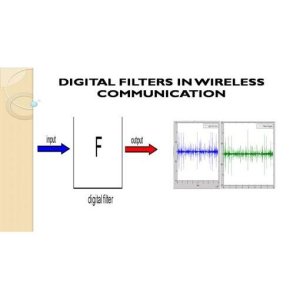
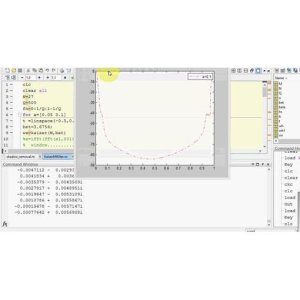
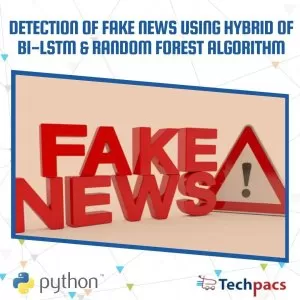
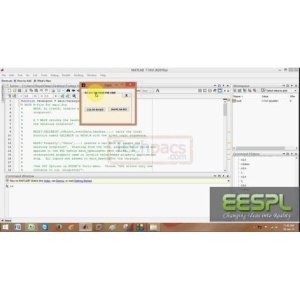
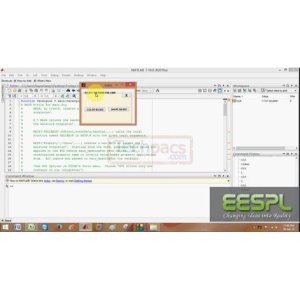

































No comments found for this product. Be the first to comment!